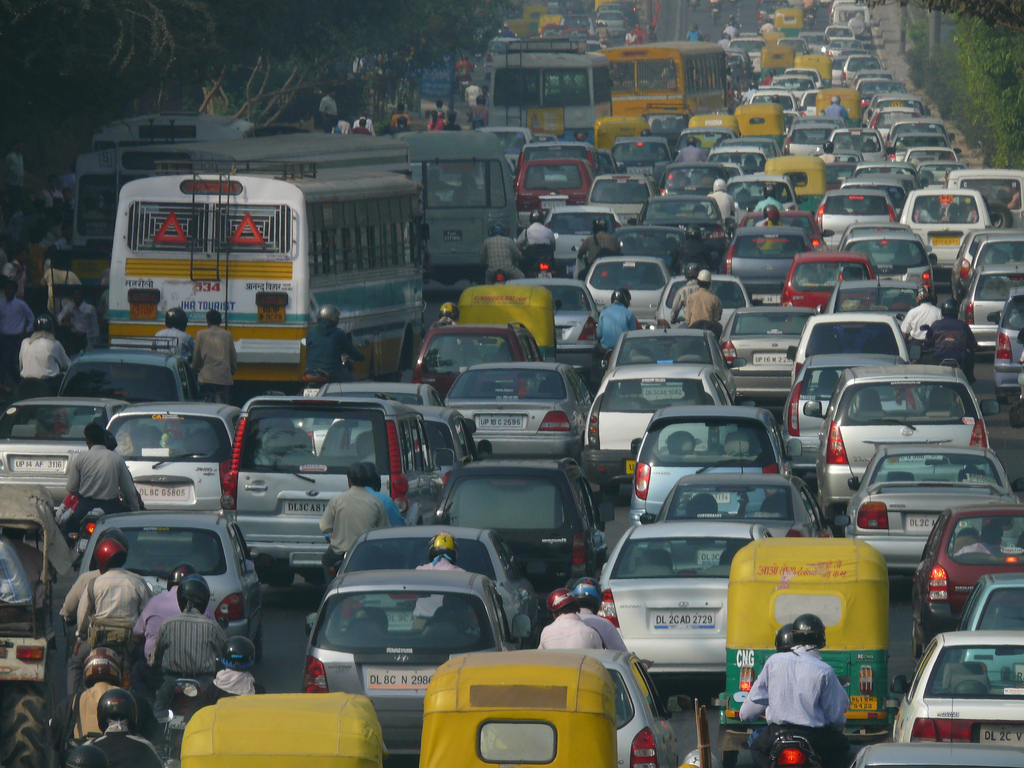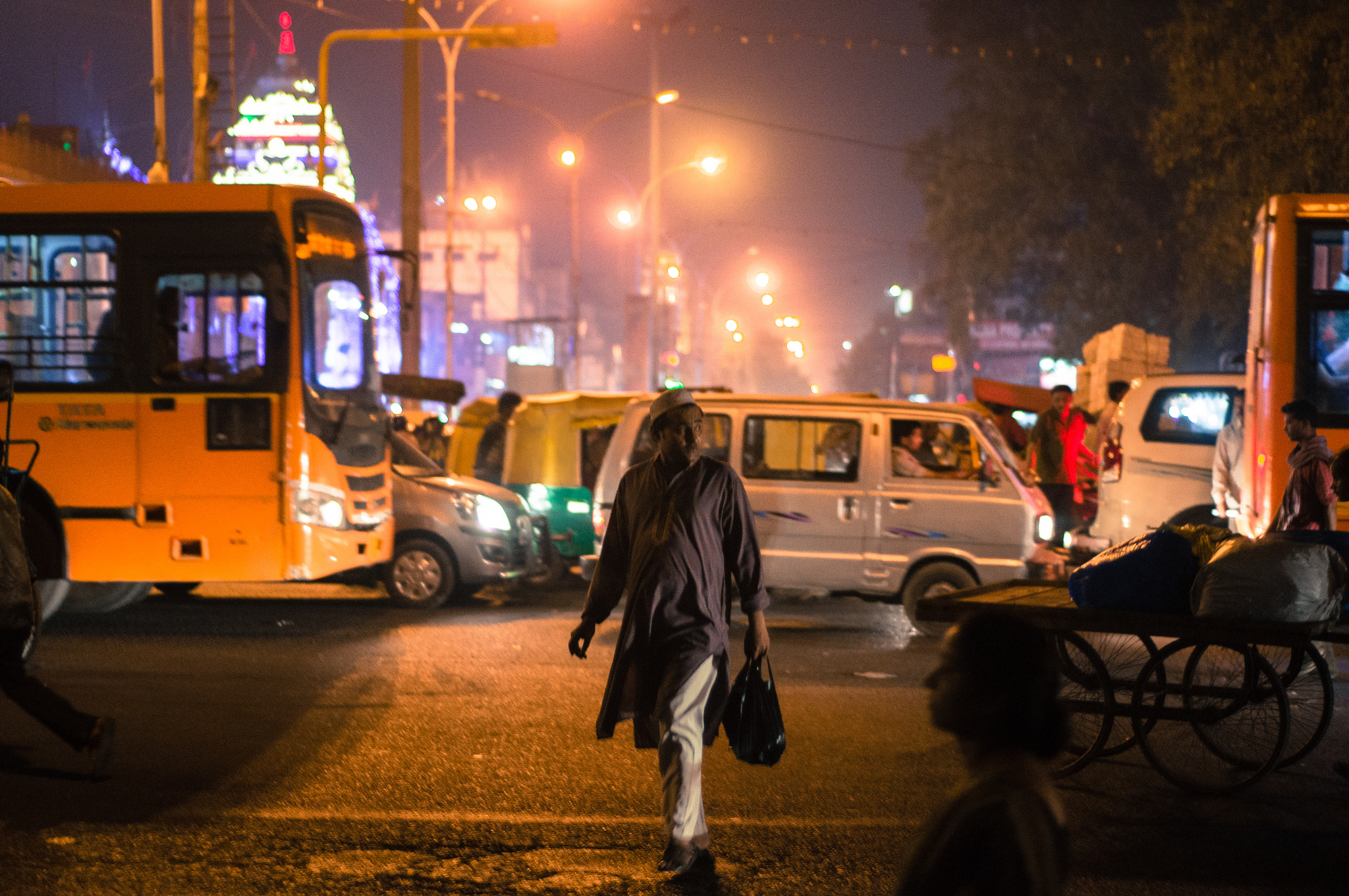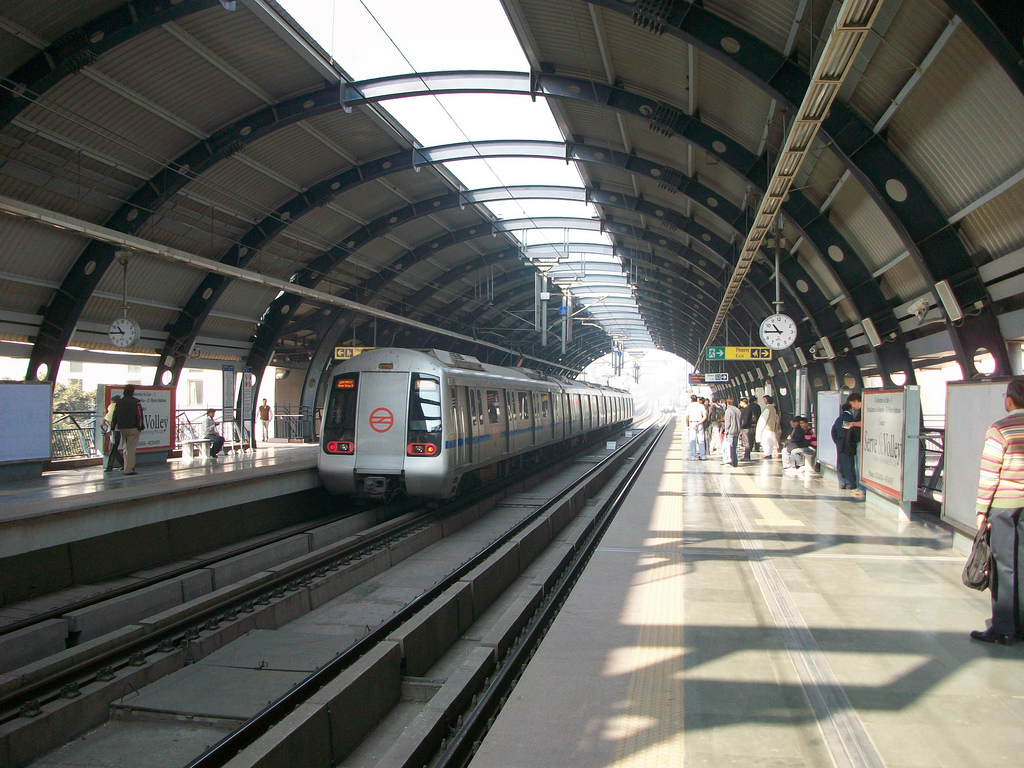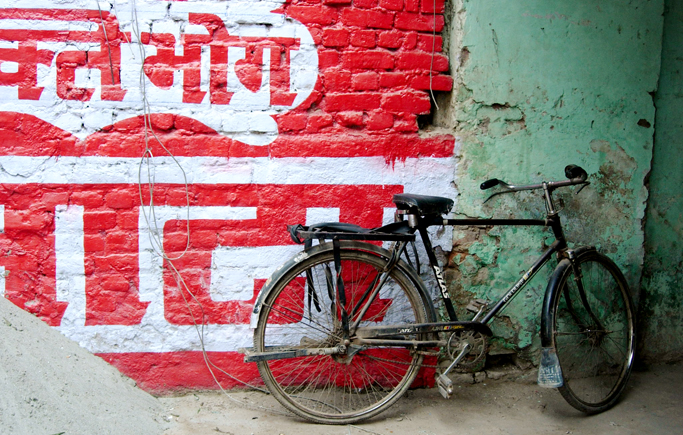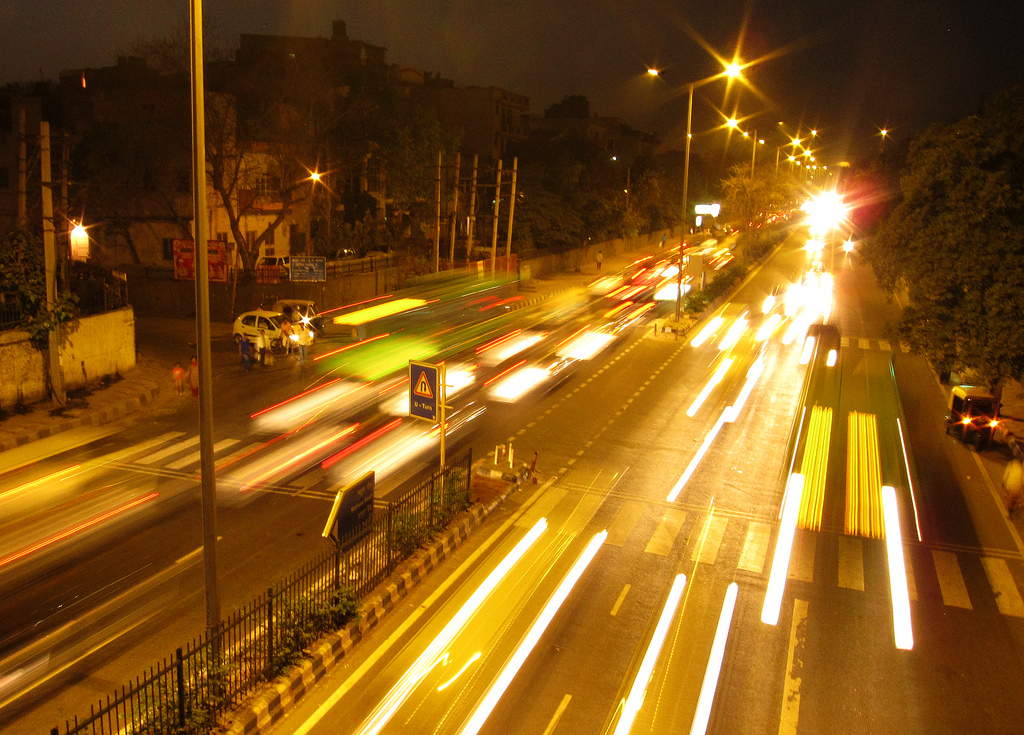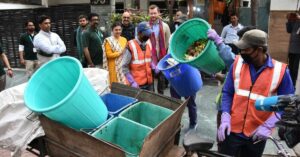MY VIEW: 5 Suggestions that Can Work Better than the Proposed Odd-Even Car Policy in Delhi
In spite of the good intentions behind it, I think the implementation of 'odd-even car days' policy in Delhi will not bring the much desired change in the existing pollution levels in the city. Here are some alternate suggestions that could work better.
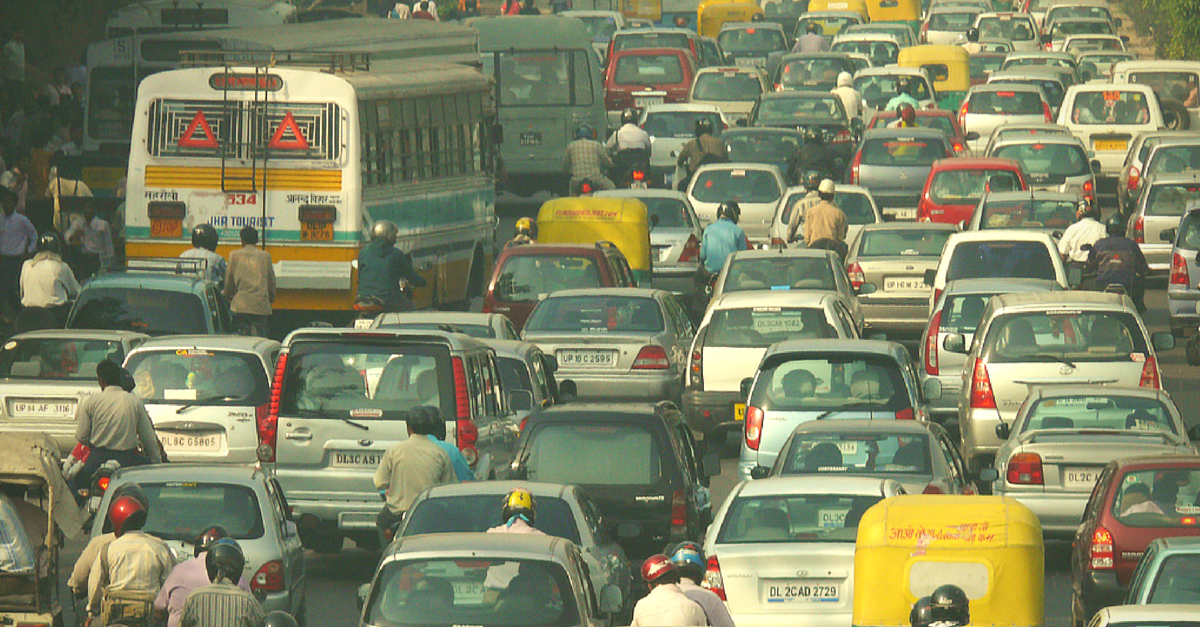
It is now official that the national capital will implement the “odd-even car days” on a trial basis for 15 days, starting from January 1, 2016. The state government claims that this policy is a first-hand solution to the problem of air pollution in the city. Delhi is not only the world’s fifth most populated metropolis, but also the most polluted city in the world. According a study conducted by World Health Organization, Delhi has surpassed Beijing in terms of worse air quality in the city.
The enormous and continuous increase in the number of motor vehicles in Delhi has been one of the major causes behind this pollution.
Source: Wikimedia
A city that is already infamous for its unfavourable weather conditions is now breathing poison – day and night. It is in this context that the Delhi government declared the odd-even car policy. This system is also called road space rationing, and it has failed miserably in many cities including Beijing.
Here are some of the features of the policy:
- Private vehicles with number ending in an even digit, will be allowed on the road on dates with even numbers like 0,2,4,8,10 etc.
- Private vehicles with number ending in an odd digit, will be allowed on the road on dates with odd numbers like 1,3,5,7,9,11 etc.
- The ban is only applicable on private cars. Trucks will be allowed in the city only after 10:30pm.
- The frequency of metros plying in the city will increase.
- Violators will have to pay a fine up to Rs. 2000.
I think that in spite of the good intentions behind it, implementation of this policy will not bring the much desired change in the existing level of pollution in the city. We are not doing away with the real factor behind the pollution, and that is diesel. The policy will also have severe implications on the socio-economic and cultural scenario of the city.
The major challenge in Delhi is the lack of alternative means of transportation. All those cities around the world that have been able to reduce the number of cars on the streets, have a strong and sustainable public transport system. Delhi also needs the same. There will be no positive behavioural modification in the way people commute unless there are sufficient alternatives for them to use
These are some suggestions that I find more practical than the proposed odd-even policy:
1. Develop sufficient pedestrian infrastructure.
Photo Credit: Guillaume Flament/Flickr
Availability of sufficient infrastructure for people to walk easily is a must for the development of any city. Making better footpaths, subways, zebra crossings and other such measures will encourage people to walk more. Improving pedestrian infrastructure will also persuade commuters to use public transport systems, thus creating a sustainable transport culture. Think of a city where one can go around using a wheelchair. Won’t that be amazing?
2. Strengthen the public transport system.
Source: Wikimedia
The city is in a real and desperate need of a much more efficient public transport system. The government should introduce more CNG buses with enough seating capacity and convenient travel facilities. These buses should also be disabled- and senior-citizen-friendly. Increasing the frequency of metro trains, and introducing more suburban trains will also help.
3. Construct cycle lanes.
Photo Credit: Arti Sandhu/Flickr
Constructing safe and convenient cycle lanes will motivate commuters to use cycles, which will not only reduce pollution but will also be beneficial to our health.
4. Increase parking charges.
Photo Credit: Tiina/Flickr
Most of us won’t dare to park at busy places like Connaught Place if the parking charges range from Rs. 500 – 1,000. Increase in parking charges is a viable solution to keep private motor vehicles away from busy streets.
5. Create pedestrian-only zones.
Photo Credit: impermeableazul/Flickr
Different shopping destinations and busy streets of Delhi should be made pedestrian-only. This will discourage people from taking their cars out when they are going for shopping, thus reducing considerable amount of pollution.
We should concentrate on creating solutions for problems rather than problems for solutions.
– Arun A G
Like this story? Or have something to share? Write to us: [email protected], or connect with us on Facebook and Twitter (@thebetterindia).
If you found our stories insightful, informative, or even just enjoyable, we invite you to consider making a voluntary payment to support the work we do at The Better India. Your contribution helps us continue producing quality content that educates, inspires, and drives positive change.
Choose one of the payment options below for your contribution-
By paying for the stories you value, you directly contribute to sustaining our efforts focused on making a difference in the world. Together, let's ensure that impactful stories continue to be told and shared, enriching lives and communities alike.
Thank you for your support. Here are some frequently asked questions you might find helpful to know why you are contributing?


This story made me
-
97
-
121
-
89
-
167



